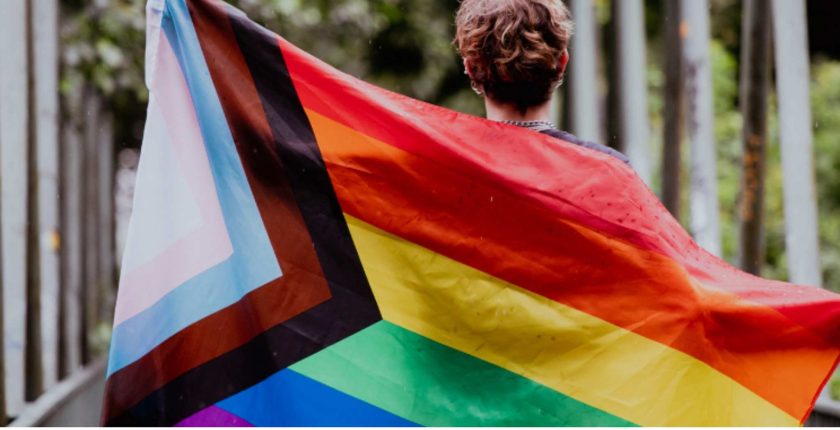London Pride
In June 1970, up to 20,000 people gathered for what was then called a Gay Liberation march in New York. Although the battle for gay rights in the USA can be traced back to the 1920s, this march was one of the most powerful statements up to that time of the wish for homosexuals to be accepted and understood rather than vilified and shunned, as they had been for centuries and still are in too many parts of the world today. Coming as it did a year after the Stonewall Riots of 1969, when gay customers of New York’s Stonewall Inn resisted police raids on the premises, the march is recognised as one of the key steps in changing attitudes and was the forerunner of the many Gay Pride Marches that have become commonplace across much of the world in recent years.
Fast forward to Saturday, 2nd July 2022, London will host its annual Pride March. The fact that the appellation ‘Gay’ is now no longer being considered necessary is indicative of just how far things have progressed since those heady days of the 1970s. I’ll be there, as I have every year, in London or Brighton, since I went on my first Pride March in the capital back in 2015.
I’d left college at that point and feeling that I didn’t want to go to university I was fortunate enough to be given a short-term contract to help with a marketing project at Cedar Recruitment. Being openly queer, I entered the world of work with my guard up to an extent. I was very conservative, very aware of the way people see things and make judgements based on their own feelings. Above all, I was desperately trying to be a professional even if it diminished my own personality, but then over time, I found my feet. It helped a lot that when I started out at Cedar, a lot of people never batted an eyelid at the fact there was this new person who was gay. It didn’t seem like a thing to them and that helped me feel I could fit in. I think the biggest compliment I can pay my colleagues is that no one paid me any attention, if you see what I mean!
After my short-term contract was over, I was offered a permanent role and now I work in our contractor team, mostly providing support to senior finance people. This is a market that is traditionally thought of as conservative. Of course, there were some issues, but work is like that whether you are gay or straight – there are always going to be some problems and some people who don’t take to you right away. My reaction initially was to pretend that the problems weren’t there, but then I realised that I simply needed to get on with the actual delivery of the service, change attitudes by being good at my job and not worry about what people thought.
When I started getting my nails done – I’ve got long, polished, manicured nails – I began to get feedback from the recruitment consultants about what their clients thought. What was interesting was that rather than responses like, “oh, that’s unprofessional,” what they were hearing were comments like, “oh, I’ve never seen anything like that, but it made me think.” Making people think about things they hadn’t seen before is good. Of course, they can go away and have their own opinions, but it does no harm to test them and challenge them to think differently.
Outside work, my role models were people like Pete Burns – just for the outright, outrageous, ridiculous, self-expression – and Divine. I can’t say anyone at work has influenced me in the same way, but it must be said that I have learned a lot of very valuable life lessons in the 5 years I’ve been at Cedar.
As I said, my personal history with Pride Marches goes back to 2015. Actually, this year, I’m on holiday when the London March is on, so I’ll probably go to Manchester or Brighton Pride. I do enjoy the day, but initially, I didn’t really understand it, but that was more because I didn’t know the history behind it.
More recently, it has become a bit of a corporate bash, perhaps with less substance and meaning behind it than it originally had. For example, if you went to a Pride March now, and spoke to 10 spectators, only one would know the history behind it. For many others, it’s just an extravagant party and a chance for a drink and fun in good company.
Despite this, I think the Pride Marches are still very important. They help educate people and make more of them realise the reasons why they take place. It’s beneficial for people to see that gay people can come out from under that umbrella and aren’t going to just sit in the corner and hide. And while it’s certainly easier for gay people in my age cohort to be who they are, we do recognise all those older people who were in the vanguard of that Gay Liberation movement had a far harder time than we do today. At the heart of this whole issue is the conundrum that we want to get to the situation where it’s regarded as so normal that no one talks about it – but we know that talking about it is the only way to normalise it! And Pride gets people talking, so more power to everyone who attends the events across the country, whether in London on the 2nd or elsewhere later in the year.


